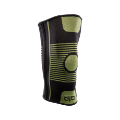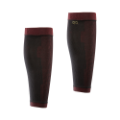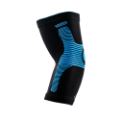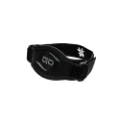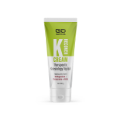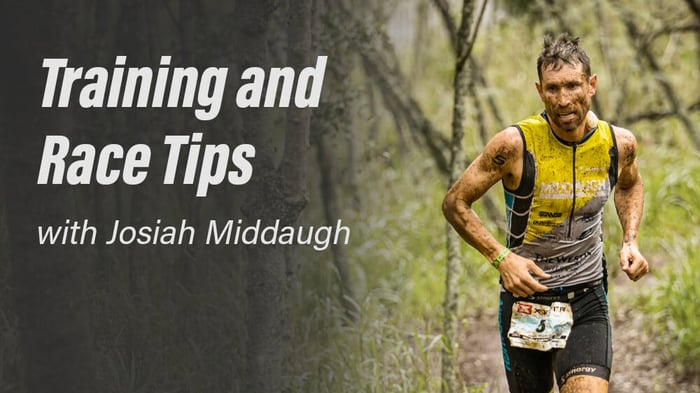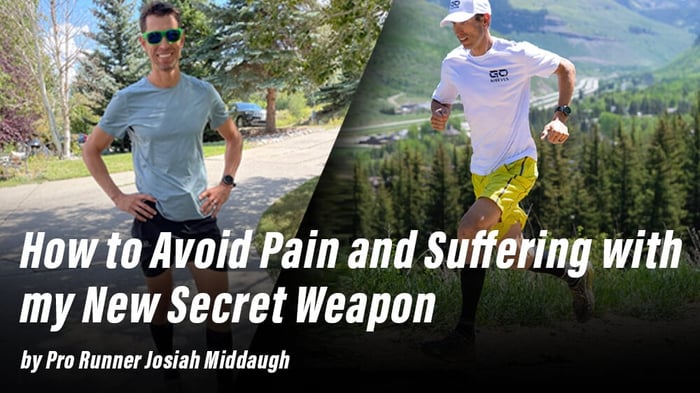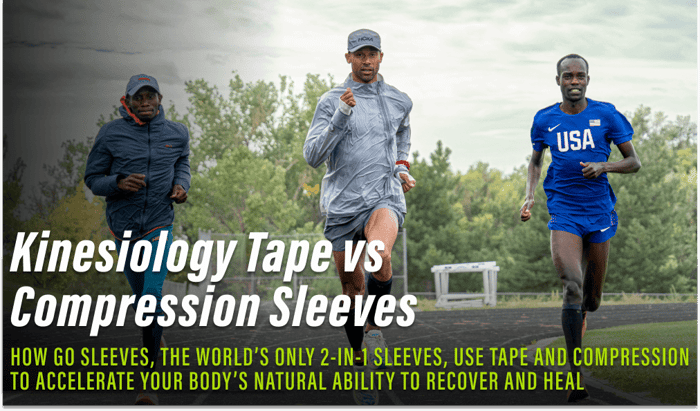UltraSignup race tips series 2 of 3.
Every race is different.
This kind of goal isn’t something you can accomplish overnight. It might be years away. It might be something that comes at the end of next season. It’s the kind of big, giant goal that comes with smaller goals that help you get there. Don’t look for a goal that’s impossible. Find something that challenges you without breaking you.
Even for the best in the sport, you can’t just “copy and paste” a great performance. You might do really well in a race and say, “Aha, I figured it out. I only ate gummy bears, and I felt great,” but then in the next race, you could have stomach issues, a different air temperature, a different course, and things might not go as planned. After a lot of races, you start to figure these things out. You get better at reading the situation and your body.
You've got to learn to train eat and gear up for variety and flexibility.
First, let’s talk about distance. You don’t want to do the race before the race. I’m not saying don’t train, but don’t try to complete the race right before you’ve run it. I’ll often put my longest workout runs 3 to 4 weeks out before the race so that I have enough time to recover.
Long-distance events can be daunting.
It’s important to condition that amount of time on your feet. It doesn’t all have to be running. Walking and hiking are insanely underrated and should definitely be included in your training. I like to put more emphasis on duration rather than distance. You may be out there for 10+ hours. When I’m training for long races, I’ll sometimes hike/jog at high elevation – like a 14k-foot tall mountain, but keep my overall distance well under the race mileage (⅓ to ½ the distance). It’s amazing what you can step up to on race day.
Eating and nutrition.
I always say, “Do more with more.” That means don’t see how long you can go without nutrition. It’ll severely affect your run recovery, and it’s going to limit you. Instead, practice fueling consistently and training your gut. It might be as simple as having a gel every 30 minutes during training, but with a Plan B and a Plan C in the race itself. Why? Because your palate can change, your stomach can change. You don’t want to just have one flavor of one type of nutrition that you’re going to be stuck with the whole race because your body might end up strongly craving something salty, or a specific flavor of energy, or other real food items.
Listen closely.
When you learn to be in tune with your body, you start picking up on little signals it sends you. You might feel things sloshing around – for you, that could mean you need more water. Twinges in your legs could mean you need more electrolytes. It can be completely different for everyone and different for you in new locations and changing weather conditions. With more races, you learn to figure out what things are working before they become a major problem.
Gear tips.
I keep GO Sleeves® in my drop bags. They are a two-in-one combination of kinesiology tape and compression sleeves. I can deal with knee pain and swelling while getting support at the same time. I’ve found I can achieve a faster recovery time by using GO Sleeves Calf Sleeves between training sessions and after races. I also use the GO Sleeves any time I’m doing any training that creates tightness in my Achilles tendon — like extreme vertical or interval training. They make a remarkable difference in reducing the soreness I might experience between training sessions. I'd definitely recommend GO Sleeves Knee Sleeves for your drop bag for piece of mind if you start experiencing any pain or inflammation.
So, yeah in the end, you’ve got to learn to be consistent. To read a course and listen to what your body is saying. To be so in tune with yourself that you’re able and prepared to add variety and flexibility to your training program and your race strategy.
Follow GO Sleeves for more running tips.
Sign-up for emails or follow @GOSleeves to stay updated with the latest running tips from coaches, pros and athletic trainers.
Josiah Middaugh is a 15-Time XTERRA USA Off-Road Triathlon National Champion and 2015 XTERRA World Champion
Recent XTERRA Hall-of-Fame inductee Josiah Middaugh’s achievements precede him with 15 XTERRA USA National Championship wins, a 2015 XTERRA World Champion Title, 3 Fat Bike World Championship wins, and 6 USSSA National Snowshoe Championships. He’s a pro on and off the track, with a Master's degree in Kinesiology and his own premier athlete coaching business. Middaugh understands the importance of injury prevention, management, and recovery – making him the perfect GO Sleeves team athlete to share how GO Sleeves have helped him and the clients he coaches in their recovery and training regimens.
Learn more about Josiah’s coaching practice for endurance athletes at middaughcoaching.com.
